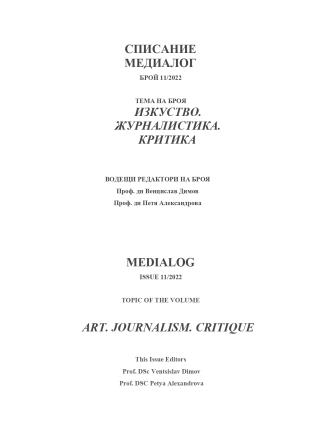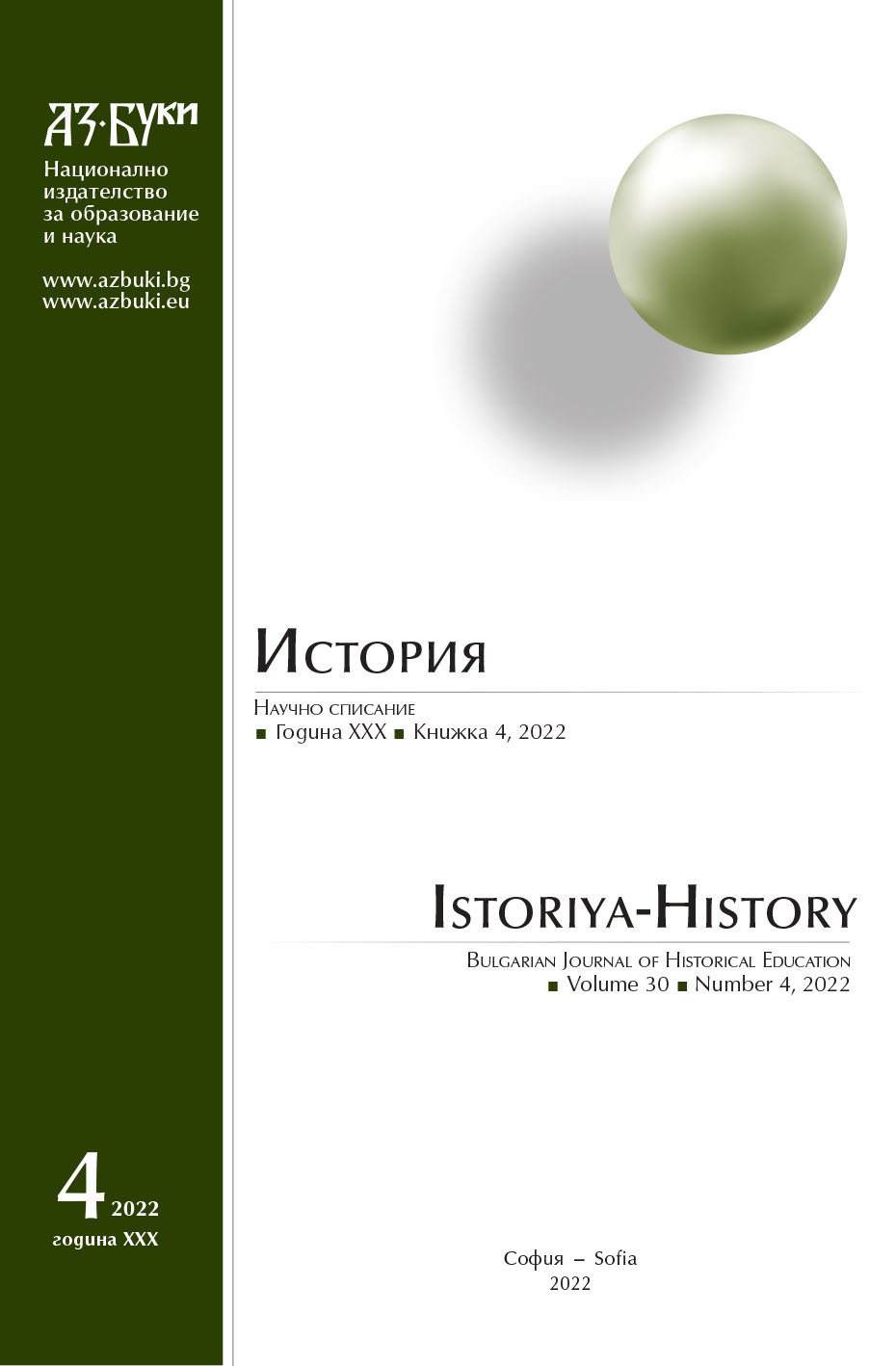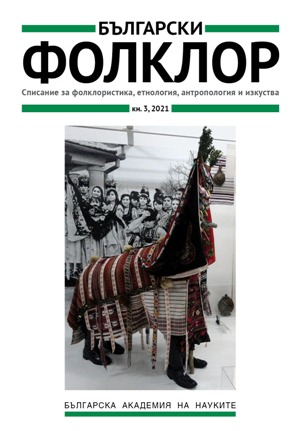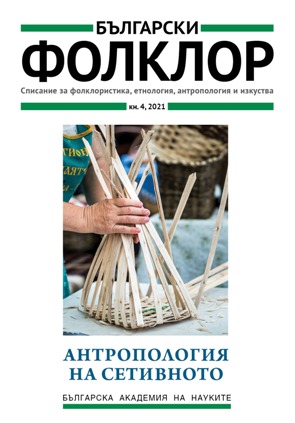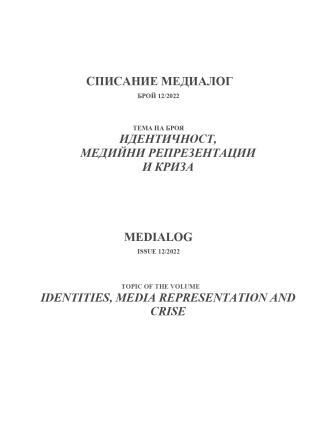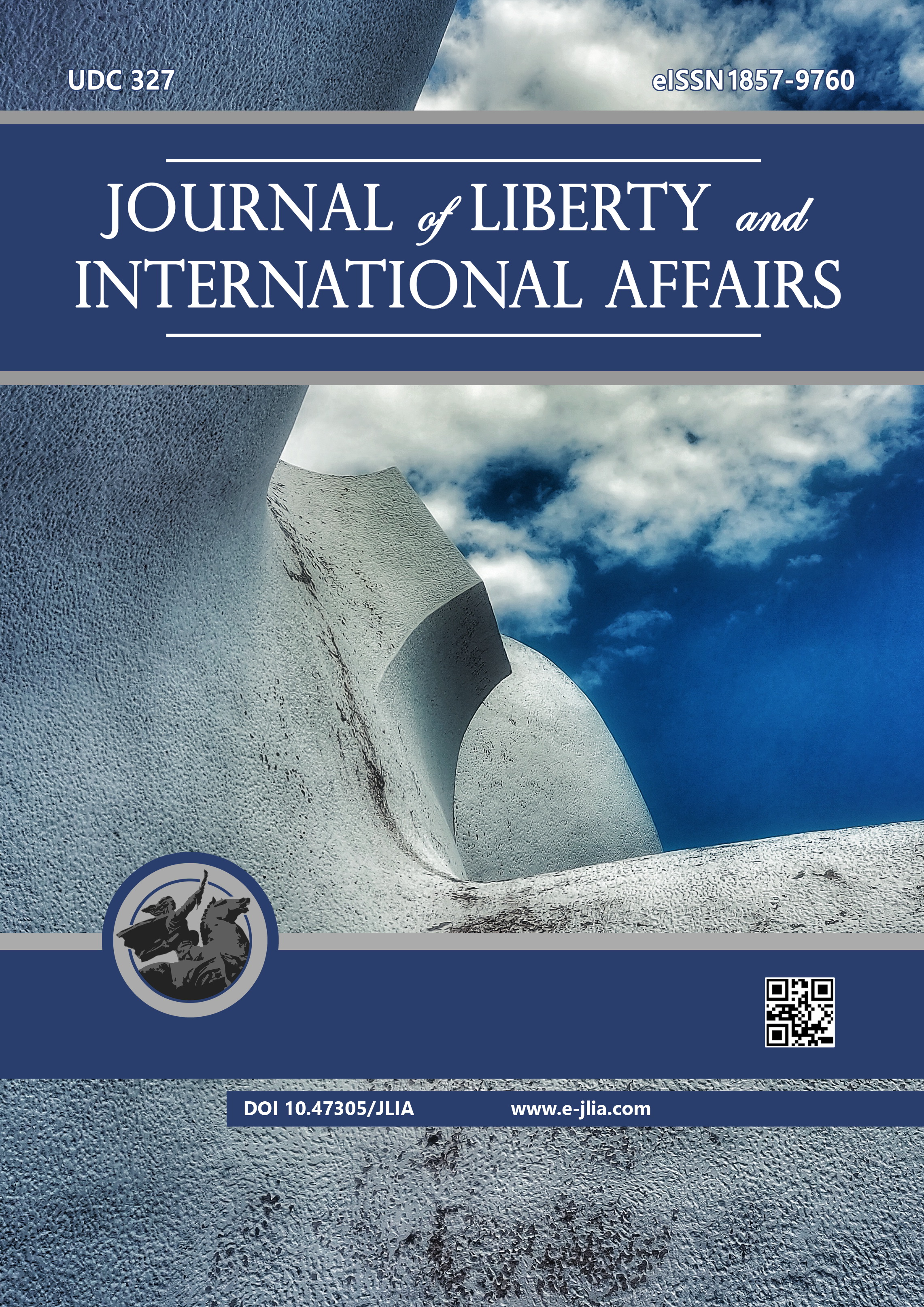Author(s): Artan Hajdini,Lum Collaku,Safet Merovci / Language(s): English
Issue: 1/2023
The purpose of this study was to investigate the effect of corruption on Foreign Direct Investment (FDI) in the Western Balkans countries, including Bosnia and Herzegovina, Croatia, Kosovo, Montenegro, North Macedonia, Serbia, and Albania. Secondary data from The World Bank, Transparency International, and International Monetary Fund databases were utilized to complete this study for 2012-2020. The built model of multiple linear regression included four independent variables, namely: Corruption Perception Index (CPI), Western Balkan Corruption Ranking (WBCR), Exchange Rate (EXG), and Inflation Rate (INFL), as well as FDI as a dependent variable, and data effects were analyzed through the SPPS scientific research software program. The results found that if CPI and WBCR were to increase by one unit, FDI would decrease by 0.088, namely 0.624, while if EXG and INFL were to increase by one unit, FDI would increase by 0.165, namely 0.236. In order to fight corruption and potentially attract more foreign direct investment, the governments of these countries should work to harmonize their anti-corruption laws with those of the European Union. In order to prevent the negative consequences of FDI inflows, they should also maintain a balanced rate of inflation, which entails stabilizing exchange rate fluctuations.
More...
